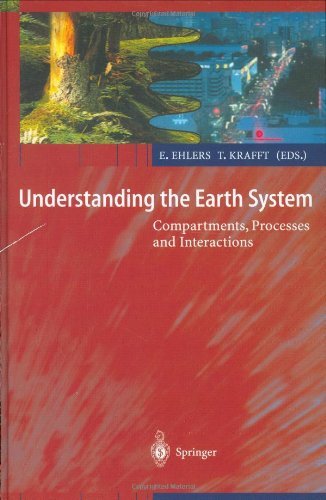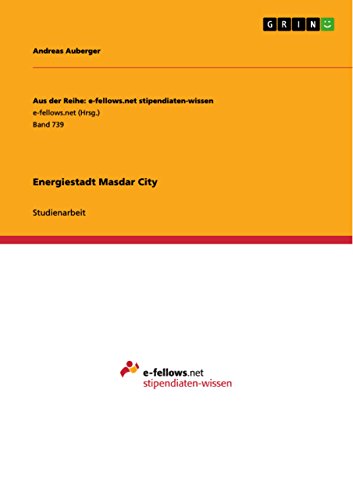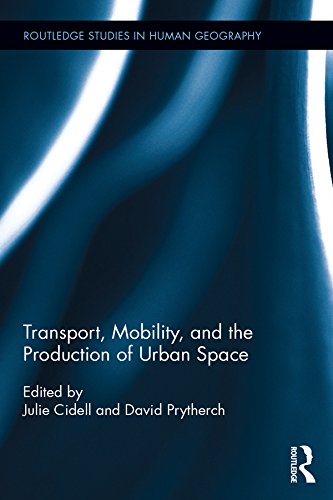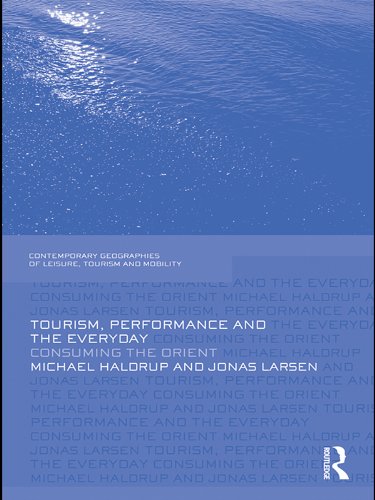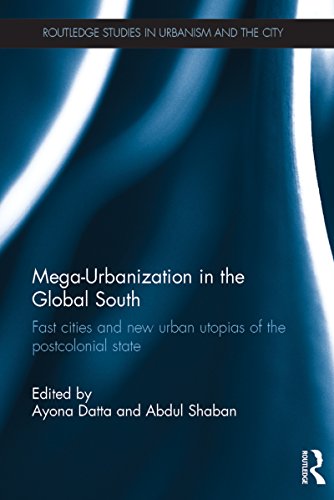
By Robert B. Williams,Ayona Datta,Abdul Shaban
ISBN-10: 0415745519
ISBN-13: 9780415745512
The worldwide south is coming into an ‘Urban Age’ the place, for the 1st time in heritage, extra humans may be residing in towns than within the nation-state. The logics of this prediction have a dominant framing - quick urbanization, out of control migration, source depletion, serious gas shortages and the breakdown of legislation and order. we're instructed that we has to be ready. the answer is easy, they are saying. Mega-urbanization is a chance for monetary development and prosperity. as a result we needs to construct great, construct new and construct speedy.
With contributions from a world diversity of validated and rising students drawing upon real-world examples, Mega-Urbanization within the international South is the 1st to exploit the lens of velocity to envision the postcolonial ‘urban revolution’. From the mega-urbanization of Lusaka, to the construction of satellite tv for pc towns in Jakarta, to new towns equipped from scratch in Masdar, Songdo and Rajarhat, this ebook argues that pace is now the chronic characteristic of a number utopian visions that search to expedite the construction of recent towns. those ‘fast towns’ are the iconic photos of postcolonial urbanism, which skip really present urbanisms via new power-knowledge coalitions of manufacturing, realizing and governing the town.
The e-book explores 3 major subject matters. half I examines quickly towns as new city utopias which propagate the appearance that they're ‘quick repair’ sustainable recommendations to insulate us from destiny crises. half II discusses the function of the entrepreneurial country that regardless of its neoliberalisation is enjoying a key position in shaping mega-urbanization via legislation, regulations and brute strength. half III finally delves into how quick towns outfitted through entrepreneurial states really materialise on the scale of neighborhood urbanization instead of as metropolitan development. This booklet explores the contradictions among meant and unintentional results of speedy towns and issues to their fault traces among nation sovereignty, capital accumulation and citizenship. It concludes with a imaginative and prescient and manifesto for ‘slow’ and decelerated urbanism.
This well timed and unique booklet offers city students with the theoretical, empirical and methodological demanding situations of mega-urbanization within the worldwide south, in addition to highlighting new theoretical agendas and empirical analyses that those new different types of city-making convey to the fore.


